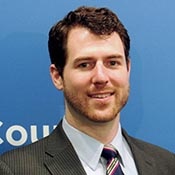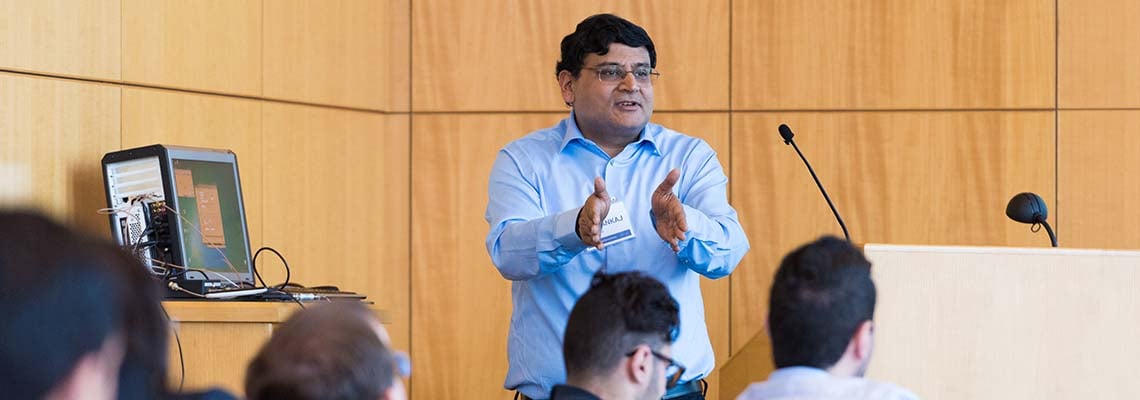The Archimedes Leadership Workshop brings together solution-oriented experts in medical device manufacturing and computer security to meet and discuss effective ways to improve information security and the new FDA guidance on cybersecurity.
7 May 2017
Sunday
8 May 2017
Monday
Private Membership Meetings
U-M North Campus
Featuring notable guests and thought leaders on discussion topics including "medical device security thru the FDA lens" and "how smart hackers analyze devices" and "anatomy of a lost medical device vulnerability disclosure" and "how bad is it, doc? What a hospital medical device inventory looks like"

Jim Kuiphof
Director of Information Security, Spectrum Health

Stephanie Domas, PE, CEH
Lead Medical Security Engineer- Battelle DeviceSecure Services

Kevin Fu, Ph.D
Associate Professor, University of Michigan
Director, Archimedes Center for Medical Device Security

Zach Rothstein, JD
Associate Vice President, Technology, and Regulatory Affairs
AdvaMed

Suzanne Schwartz, MD, MBA
Associate Director for Science and Strategic Partnerships, FDA CDRH
Archimedes Leadership Workshop Begins!
8 May 2017
Monday
5:30 PM
Bus from Sheraton Hotel to Gala Dinner
9 May 2017
Tuesday
8:00 AM - 8:45 AM, Breakfast & Registration
8:45 AM - 9:00 AM, WELCOME

Kevin Fu, Ph.D
Associate Professor
Computer Science & Engineering
University of Michigan
9:00 AM - 9:45 AM, Hacker Mindset: demo of security analysis

Stephanie Domas, PE, CEH
Lead Medical Security Engineer
Battelle DeviceSecure Services
In this
9:50 AM - 10:35 AM, Update on HDO approaches to Medical Device Security

Kevin McDonald, BSN, ME-PD, CISSP
Director, Clinical Information Security
Office of Information Security
Mayo Clinic
10:35 AM - 10:50 AM, Coffee Break
10:50 AM - 11:35 AM, Building a Medical Device Reference Architecture

Todd Carpenter
Chief Engineer & Owner
Adventium Enterprises
11:40 AM - 12:25 PM, A view from the middle of securing devices in a mid-sized manufacturer

Chris Bitza
BioMérieux
12:25 PM - 1:30 PM, Lunch Panel Discussion

Seth Carmody
Cybersecurity Project Manager- FDA

Mike Ahmadi, CISSP
Global Director of Critical Systems Security
Synopsys

ANURA FERNANDO
Distinguished Member of Technical Staff, Principal Engineer for Medical Software & Systems Interoperability - UL LCC
1:30 PM - 2:15 PM, Assessing security risk in the pre- and post-market settings

Ken Hoyme
Director, Product and Engineering Systems Security
Boston Scientific
2:20 PM - 3:05 PM, Safer, Sooner, Together: A Hippocratic Oath for Connected Medical Devices

Beau Woods
Deputy Director of the Cyber Statecraft Initiative
Atlantic Council


